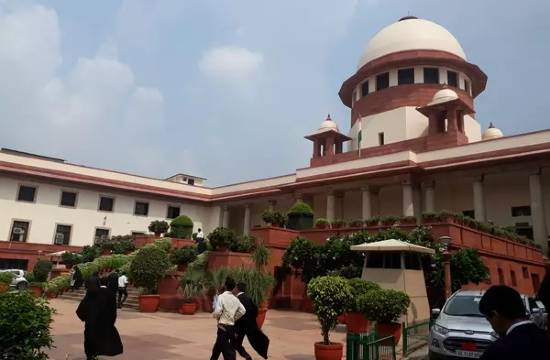Kashish Jain
The Supreme Court says that there can be “no rigid standard or yardstick” for acceptance or rejection of dying declaration. These declarations can alone form the basis for conviction if it has been made voluntarily and inspires confidence.
The apex court observed that if there were contradictions that create doubts about the truthfulness of the dying declaration then the benefit of the doubt should be given to the accused. A Bench of the Supreme Court delivered this in its verdict and dismissed an appeal challenging the earlier amendment of the Delhi High Court that upheld the trial court order acquitting two persons accused of subjecting a woman to cruelty and then murdering her.
The Bench comprised of Justices Navin Sinha and Krishna Murari.
“A dying declaration is admissible as evidence under Section 32 of the Indian Evidence Act, 1872. It alone can also form the basis for conviction if it has been made voluntarily and inspires confidence,” the SC said in its verdict. “If there are contradictions about its truthfulness, the benefit of doubt shall have to be given to the accused,” it said.

